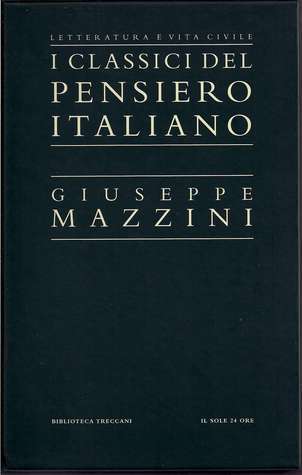
Galileo Galilei was a Tuscan (Italian) physicist, mathematician, astronomer, and philosopher who played a major role in the Scientific Revolution. His achievements include improvements to the telescope and consequent astronomical observations, and support for Copernicanism. Galileo has been called the "father of modern observational astronomy", the "father of modern physics", the "father of science", and "the Father of Modern Science." The motion of uniformly accelerated objects, taught in nearly all high school and introductory college physics courses, was studied by Galileo as the subject of kinematics. His contributions to observational astronomy include the telescopic confirmation of the phases of Venus, the discovery of the four largest satellites of Jupiter, named the Galilean moons in his honour, and the observation and analysis of sunspots. Galileo also worked in applied science and technology, improving compass design. Galileo's championing of Copernicanism was controversial within his lifetime. The geocentric view had been dominant since the time of Aristotle, and the controversy engendered by Galileo's presentation of heliocentrism as proven fact resulted in the Catholic Church's prohibiting its advocacy as empirically proven fact, because it was not empirically proven at the time and was contrary to the literal meaning of Scripture. Galileo was eventually forced to recant his heliocentrism and spent the last years of his life under house arrest on orders of the Roman Inquisition.
Series
Books
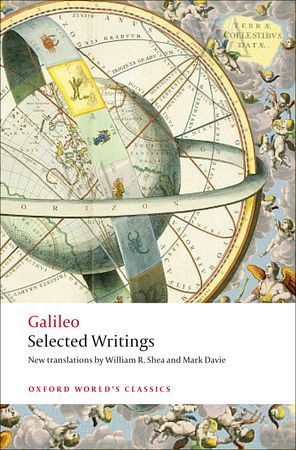
Selected Writings
2012
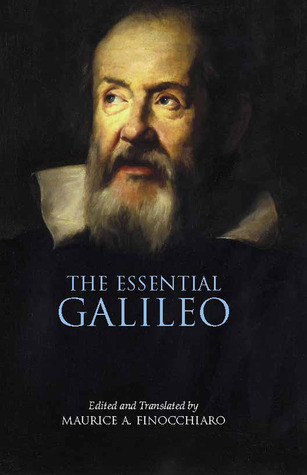
The Essential Galileo
2008
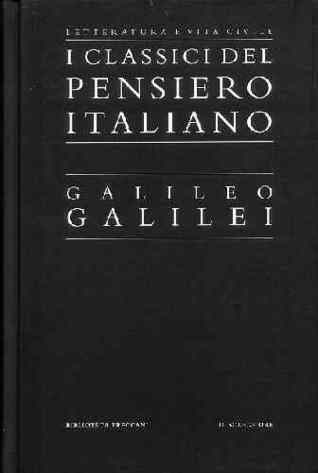
I classici del pensiero italiano - Galileo Galilei
2006

Piccolo atlante celeste
Racconti di astronomia
2009

The Dawn of Modern Cosmology
From Copernicus to Newton
2023
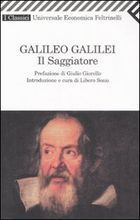
Il Saggiatore
1623

Two New Sciences
1638
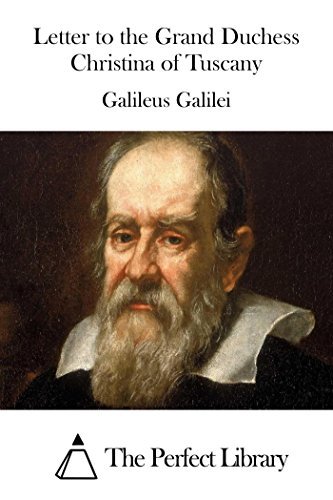
Letter to the Grand Duchess Christina of Tuscany
1615
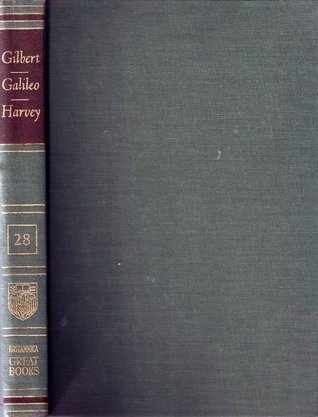
William Gilbert | Galileo Galilei | William Harvey
1952
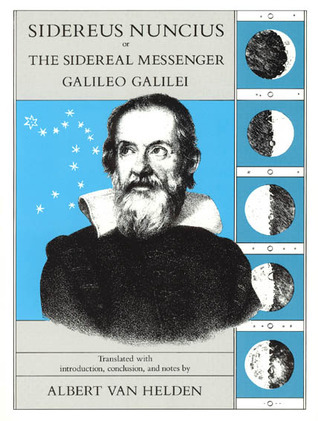
Sidereus Nuncius, or The Sidereal Messenger
1792
Dialogue Concerning The Two Chief World Systems, Ptolemaic & Copernican
2000
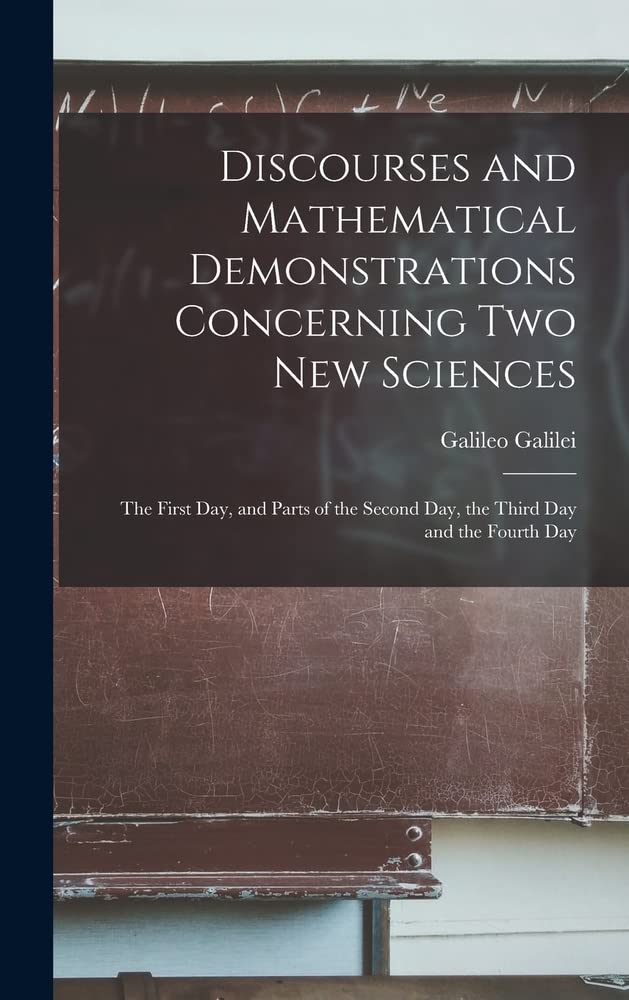
Discourses and Mathematical Demonstrations Concerning Two New Sciences
the First Day, and Parts of the Second Day, the Third Day and the Fourth Day
2021

Dialogue Concerning the Two Chief World Systems
1632

